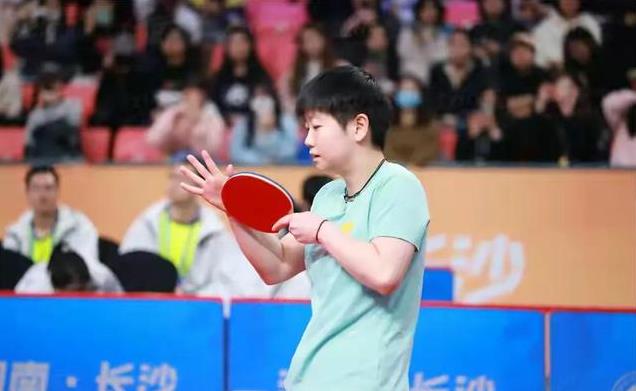The announcement of the national table tennis team's Singapore Grand Slam lineup has sparked an immediate reaction from the outside world: "The three giants are not here, so is this new combination reliable?" Looking at the layout of the list, it is clear that the national table tennis team is using a top-level event to pave the way for the new cycle, but what kind of report card will this wave of "experimentation" deliver? We need to delve into this.

Men's doubles: What is the bet with Wang Chuqin and Lin Shidong?
Wang Chuqin, known as the "golden left hand," has rich experience in doubles and is a double ace of the national table tennis team. On the other hand, Lin Shidong is young and energetic, but his experience in doubles is slightly weak. Although they have cooperated in the men's team at the Asian Championships, that was a short-term collaboration in a team event, which is different from officially participating as a pair. Looking at the men's doubles field, international opponents like Tomokazu Harimoto/Koki Niwa have默契配合 and mature playing styles, posing a significant challenge to the national table tennis team.

So why did the national table tennis team choose this new partner? The answer is one word: practice. The core task of the new cycle is to break the old pattern and cultivate new generations. Wang Chuqin's task of "taking care of the baby" is not only about performance on the court but also about allowing young players like Lin Shidong to accumulate pressure resistance in major competitions. If this combination can successfully run through, it will not only be a successful trial of the new cycle layout but also a possible important step for the national table tennis team to challenge the Olympic men's doubles gold medal. However, the question is whether Lin Shidong can quickly make up for his shortcomings in doubles? Wang Chuqin's task of "teaching and leading" this time is not small.

Women's doubles: Can Wang Manyu and Kuai Man turn things around?
The new women's doubles partners, Wang Manyu and Kuai Man, can be seen as a "reunion" operation. Their first-round elimination in the Beijing Grand Slam led some to doubt this pair. However, the national table tennis team still chose them, indicating that the coaching staff is determined to involve Kuai Man, a left-handed player, in the long-term plan for doubles.
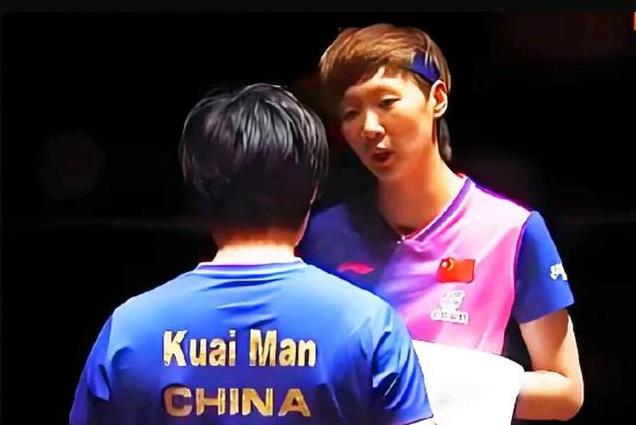
Left-handed players have always been a scarce resource in table tennis doubles, offering greater room for cooperation, which is also why Kuai Man could be repositioned on the doubles stage. However, Wang Manyu, as a partner, is under great pressure. She not only needs to use her rich experience in major competitions to lead Kuai Man but also to fix the shortcomings exposed in previous partnerships. Kuai Man's problems are also obvious: unstable feel and tendency to falter in key shots. The time given to her by the national table tennis team seems limited. If she fails to deliver a convincing performance this time, her future in doubles may be uncertain.

Mixed doubles: Lin Shidong and Kuai Man, hope for the young?
In mixed doubles, the combination of Lin Shidong and Kuai Man has basically locked in the main force for the new cycle. The biggest highlight of this pair is their youth and energy, but there are obvious problems - lack of practical experience and psychological pressure resistance. On the international stage, mixed doubles is often the first event played, and it is crucial to establish momentum for the team right away. Gold pairs like Xu Xin/Liu Shiwen not only have stable playing styles but also superior on-site adaptability. Lin Shidong and Kuai Man are clearly far from this standard.
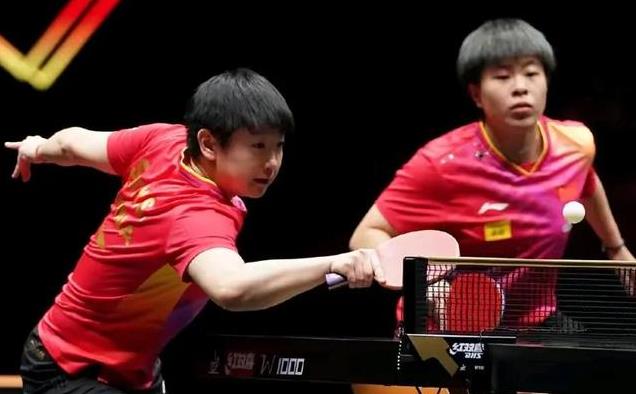
Coach Xiao pointed out the key: singles ability determines mixed doubles strength. If Kuai Man cannot quickly improve her singles level, her competitiveness in mixed doubles and team events will be discounted. The mixed doubles arena at the Singapore Grand Slam is both an opportunity for them to polish their playing style and a major test to prove themselves to the coaching staff.
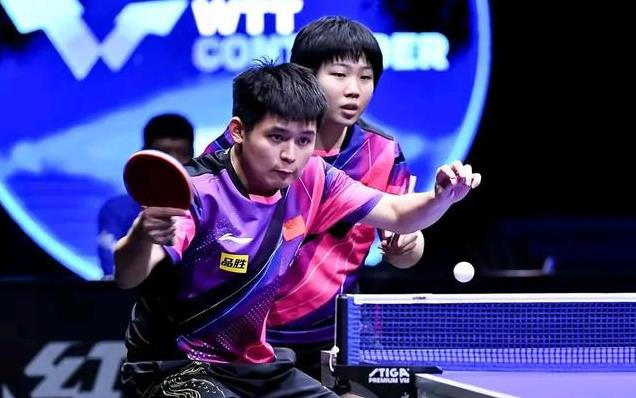
The national table tennis team's new cycle thinking: betting on youth or fighting for chemistry?
Looking at the overall lineup, the national table tennis team is obviously focusing on training rather than results this time. With veterans absent and new combinations taking the lead, such arrangements are undoubtedly betting on the future of young players. However, the problem is that the coordination of young players requires time, while the international arena does not offer many opportunities for trial and error. As the Japanese team's combination skills become increasingly mature and European players' individual abilities continue to improve, if the national table tennis team cannot quickly adjust its lineup for the new cycle, any misstep could catch them off guard.
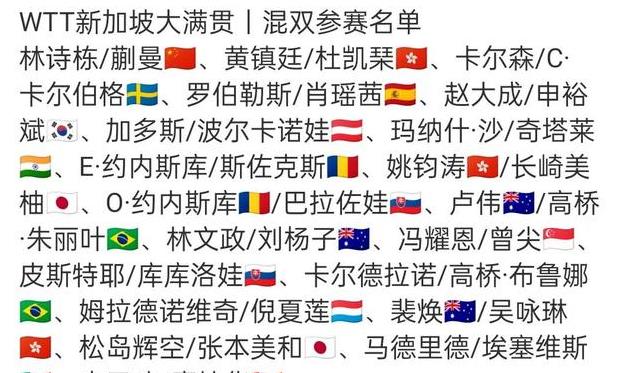
In fact, the "youth storm" of the national table tennis team is not the first time it has happened. From Zhang Jike and Ma Long's rise to Fan Zhendong and Sun Yingsha's succession, the national table tennis team's generational renewal has always been at the forefront of the world table tennis scene. However, behind each "blood change" is a fierce internal competition and external pressure test. Whether these new combinations can withstand the test remains to be seen based on their performance in Singapore.
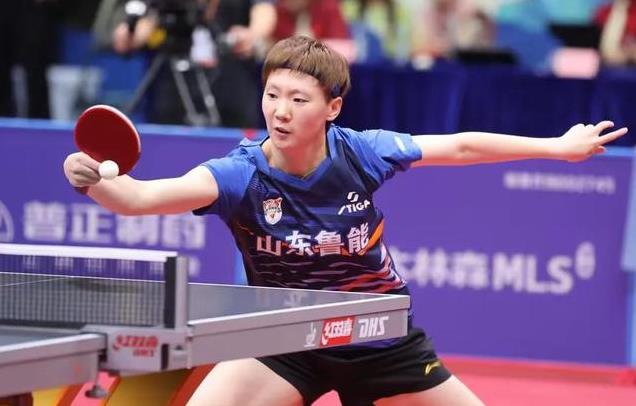
So here comes the question: In the new cycle's lineup adjustment, should we focus more on results or cultivating newcomers? What do you think about the prospects of these new combinations? Welcome to discuss in the comment area!
